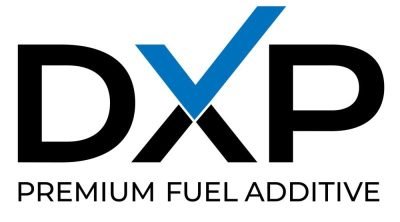
DXP & AdBlue
DXP is a premium level fuel enhancement technology. As a fuel additive DXP improves the quality of diesel and heavy fuel to substantially surpass the minimum standards of a specified premium diesel fuel.
- As a complete fuel enhancement technology DXP works through the entire system
- Reduced fuel consumption
- Eliminating biological growth
- Minimising and clearing build up in fuel lines, pumps and injectors
- Remove moisture, greatly improving common rail performance
- Increased Cetane creating a hotter, cleaner burn
- Providing more consistent torque and minimising exhaust gases.
- Removes the black smoke caused from excessive particulates.
- The top end of the engine gets vital lubrication optimising entire engine performance.
Originally in development since the reduction in sulphur from diesel fuel in the Eighties, DXP was registered as a Federal Research and Development Project in 2004. D.X.P was subjected to a barrage of independent government assessments and has been independently scrutinised by NSW Government bodies. This includes the former Department of Primary Industries, OEM mechanical test facilities (CAT and CUMMINS), leading mining companies and the N.S.W Mines Safety Technology Centre. These test results are available on request.
This process resulted in unprecedented performance indicators and as such D.X.P was the only product of its type to be included in the N.S.W Coal Mine Regulation. Emerging to commercialisation in 2017 D.X.P is now the premium additive for commercial Diesel Production across all states of Australia. Currently D.X.P is in trials in North America, New Zealand and the U.K.
DXP & AdBlue
DXP and AdBlue are completely different products. In fact, the reductions in exhaust gases from the use of AdBlue can only be enhanced by the use of DXP. Where DXP is a fuel conditioner and is added directly to the diesel fuel, AdBlue is only added to the exhaust gases of the engine. AdBlue® is the marketing term for a fluid used in the catalytic convertor fitted to the exhaust systems of some diesel cars. AdBlue isn’t mixed with the diesel fuel. Instead, it is injected into the exhaust gases after they come out of the engine and burnt at very high temperatures to break down harmful nitrogen oxides. It is stored in a separate storage tank with its own inlet, and is sprayed into the exhaust stream in measured doses. It then reacts with the nitrogen oxide in the exhaust gasses and, via the catalytic converter, is transformed into nitrogen and water. Some diesel engines need AdBlue to help them meet tough Euro 6 emissions standards that regulate what level of harmful emissions can come out of a car’s exhaust.